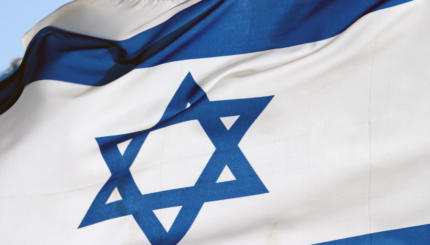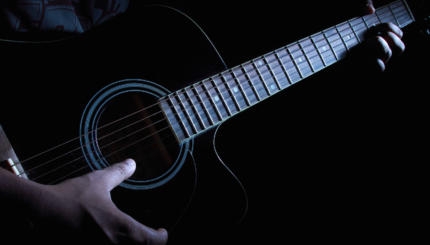Get out your party hats. Manhattan Borough President Scott Stringer has officially declared October 28 through November 3 “ Nagila 100th Anniversary Celebration Week.”
Just what I’ve been waiting a century for. Well, closer to 97 years:
The technical anniversary is not until 2010, but 86-year-old Sheldon Feinberg has been barnstorming the country since 2005 with “My Name Is ,” a stage show about his mentor, Moshe Nathanson. Allegedly, Nathanson wrote the song at age 12 as a homework assignment at a Jerusalem school, and Feinberg has taken it upon himself to ensure that his former teacher gets the credit he is due. (MORE)
But was Nathanson the actual writer of the song? There is debate surrounding the history of Hava Nagila. Most everyone agrees Zvi Idelsohn–the father of Jewish musicology–transcribed the melody of an old Ukrainian niggun and published the song. The lyrics are simply based off of a line from Pslams.
Those in the pro-Nathanson camp, Feinberg being the head, argue that when Nathanson was a young student of Idelsohn, he was the winner of a contest to come up with lyrics for the melody. Idelsohn took the lyrics from his student’s idea. Those in the pro-Idelsohn camp, including James Loeffler who wrote our article on the song, find no proof that Nathanson wrote the lyrics, except for his own claim.
But the larger question remains the year in which all of this occurred. Idelsohn writes in his book Jewish Music: Its Historical Development:
This song may serve as an example of how a song becomes a popular folk-song, and particularly how a sing becomes ‘Palestinian.’ In 1915 I wrote it down. In 1918 I needed a popular tune for a performance of my mixed choir in Jerusalem. My choice fell upon this tune which I arranged in four parts and for which I wrote a Hebrew text.
Feinberg argues that Nathanson wrote the lyrics in 1910 (thus the 97 or 100 year anniversary). How could lyrics be written to a melody that was transcribed and arranged at least five years later?
As Sheldon Feinberg told me in a phone interview, “Idelsohn wanted to change the date to conform to what he did.” Idelsohn took the lyrics that Nathanson had written five ears earlier, he says, but did not write down the song until 1915.
But Idelsohn was a bandmaster in the Ottoman Army during World War I. The song was sung first in 1918 at a concert to honor the British army’s defeat of the Turks in Jerusalem. Why would Idelsohn have sought out lyrics eight years prior to this historical event?
I, for one, won’t be celebrating this week. I’m too confused, though I tend to be in the Idelsohn camp–there’s more historical data.
But for those that are interested in marking the week, you may enjoy this blog posting from Amy Guth at Faithhacker. After Simchat Torah, she decided to search out the song on YouTube. She came up with some fascinating results.
My favorite is this Bollywood version, simply because it’s the closest I’ll ever get to understanding a Bollywood film.


